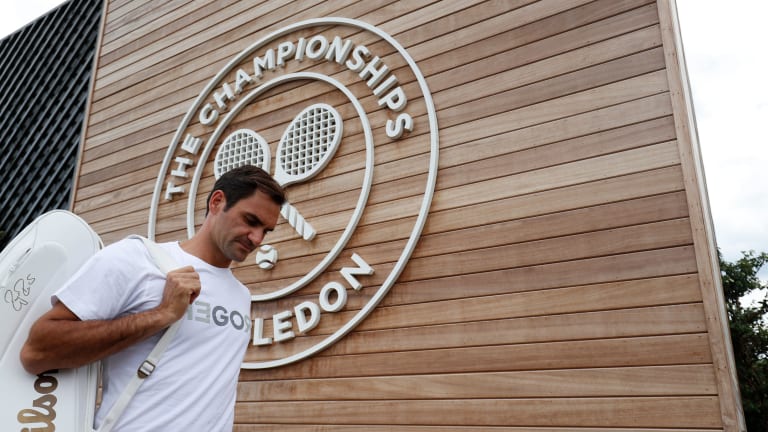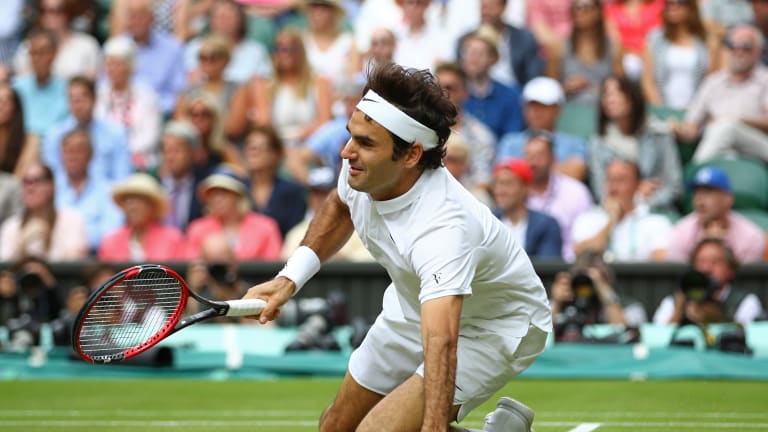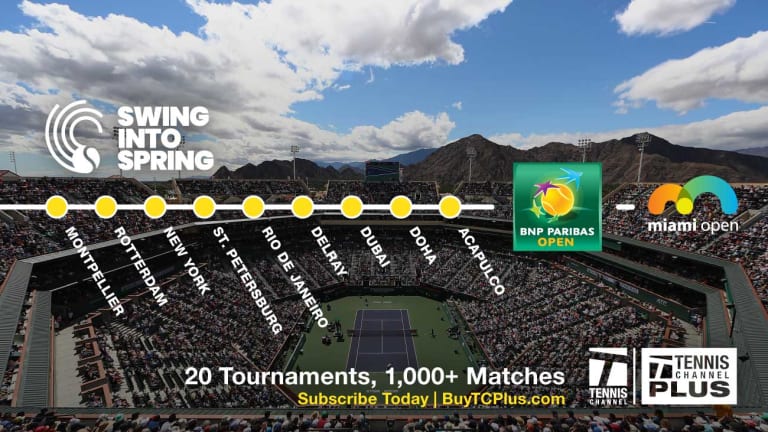ATP Dubai, UAE
What does Roger Federer’s knee surgery mean for his 2020 Slam chances?
By Feb 20, 2020ATP Dubai, UAE
Stefanos Tsitsipas wins Dubai, finally capturing first ATP 500 title of career
By Mar 01, 2025ATP Dubai, UAE
Felix Auger-Aliassime and Stefanos Tsitsipas to play in Dubai final
By Feb 28, 2025ATP Dubai, UAE
Tallon Griekspoor saves four match points in Dubai quarterfinal win over Daniil Medvedev
By Feb 27, 2025ATP Dubai, UAE
Andrey Rublev loses in first round in Dubai three days after taking Doha title
By Feb 25, 2025ATP Dubai, UAE
Karen Khachanov: I would've been dangerous at ATP Finals
By Feb 24, 2025ATP Dubai, UAE
Andrey Rublev: 2024 Dubai default “forgotten,” talks honesty, balance
By Feb 24, 2025ATP Dubai, UAE
Alex de Minaur confirms US Open mixed plans with fiancée Katie Boulter
By Feb 22, 2025ATP Dubai, UAE
ATP Dubai Draw: Ugo Humbert, Daniil Medvedev in top quarter
By Feb 22, 2025ATP Dubai, UAE
Andrey Rublev, defaulted in Dubai, to keep ranking points and prize money after appeal
By Mar 04, 2024What does Roger Federer’s knee surgery mean for his 2020 Slam chances?
It depends on which of his past comebacks you choose.
Published Feb 20, 2020
Advertising

What does Roger Federer’s knee surgery mean for his 2020 Slam chances?
© AFP via Getty Images
Advertising

What does Roger Federer’s knee surgery mean for his 2020 Slam chances?
© 2016 Getty Images
Advertising

What does Roger Federer’s knee surgery mean for his 2020 Slam chances?